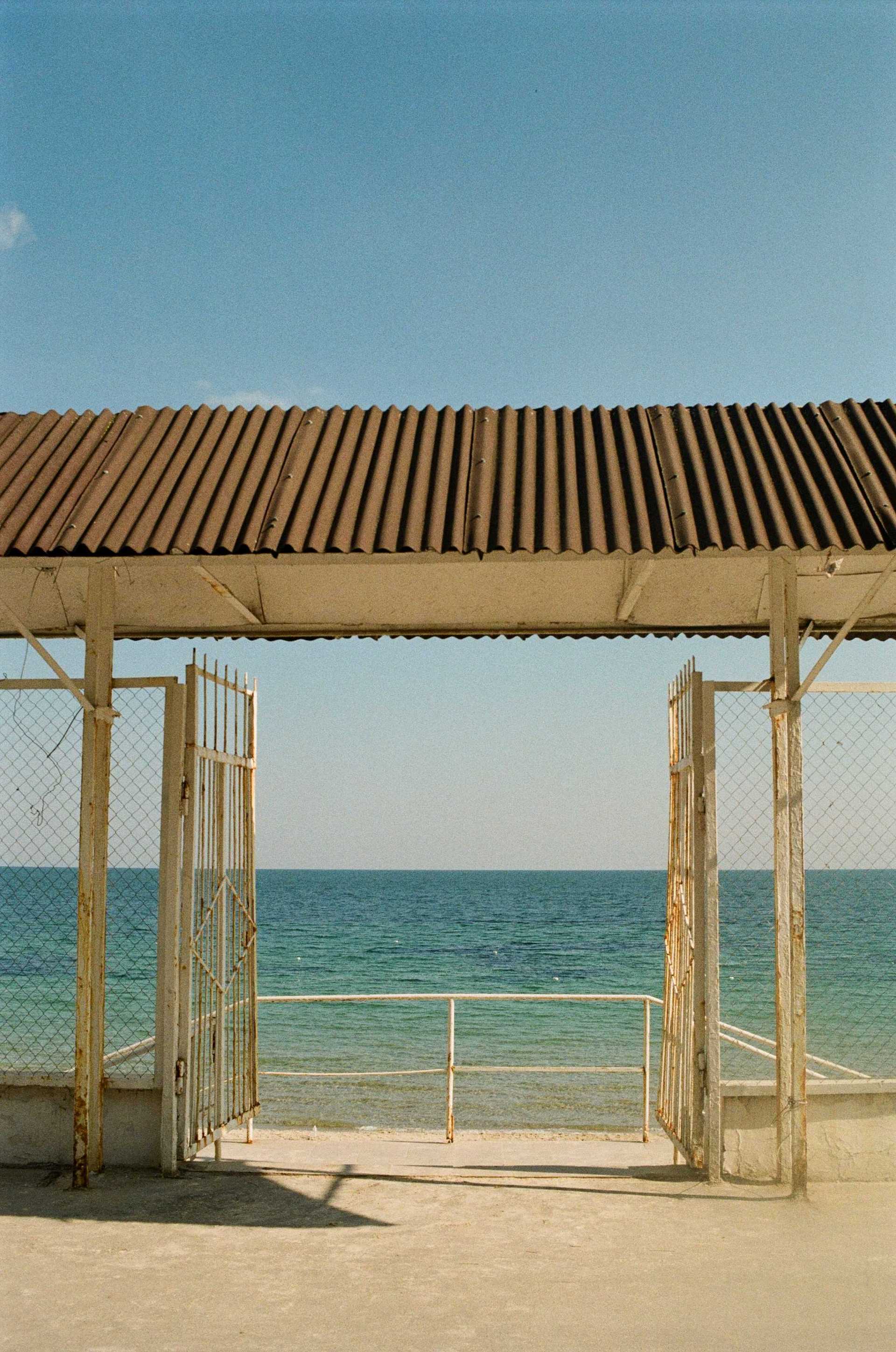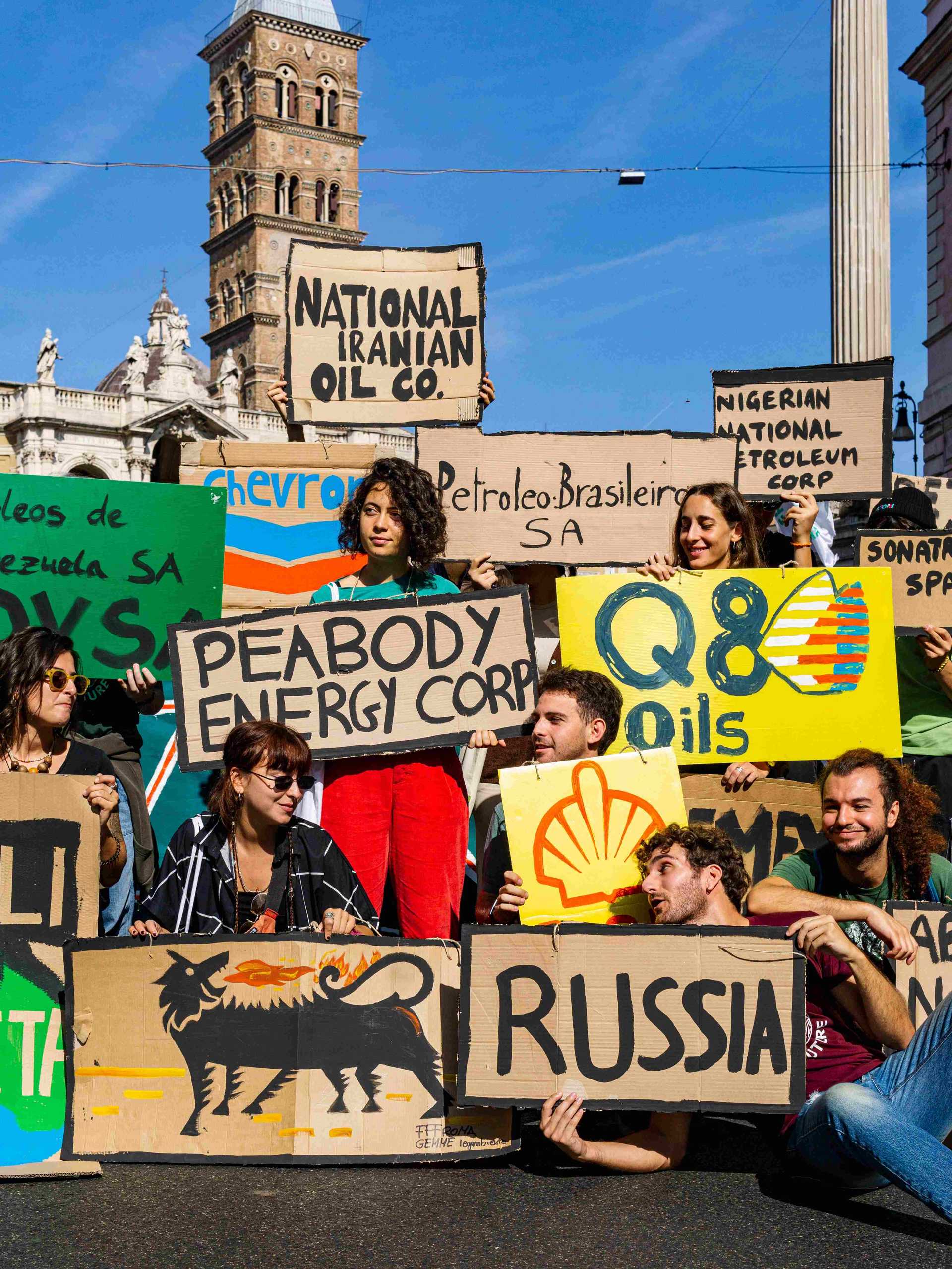Country report Italy:

Overall, the future outlooks and civic actions of young adults in Italy closely align with those of their peers in Germany, Greece, Poland and the United Kingdom, and they are more similar than they are different. In other words, the findings presented in the above also apply to 18- to 39-year-olds in Italy. Nevertheless, there are a few areas in which young adults in Italy differ from those in the other countries surveyed. Explore them here.
Compared to young adults in the other four countries, those surveyed in Italy are less optimistic about their own future (50% vs. 62% on average across all five countries), the future of their country (26% vs. 36%) and the future of Europe (39% vs. 47%). Notably, two out of three respondents in Italy see their country divided — more than anywhere else.
While young adults in Italy stress the importance of citizen participation in politics, they appear to value other key democratic institutions slightly less than their European peers: Only 41% view independent media outlets as “very important” to a desirable future society (compared to 48% on average across all five countries), and 63% say the same about an independent justice system (compared to 69% on average).
Generally, young adults in Italy have similar hopes as their peers in the other four countries: They want a secure, affordable, eco-friendly and fair future society. By comparison, however, Italian respondents place higher priority on climate action (70% compared to 57% on average) and economic growth (60% compared to 47% on average). National defense is seen as less important, with only 17% prioritizing a strong military, compared to 30% on average across all five countries.
In Italy, 63% of young adults rank climate change and its consequences as one of the most urgent challenges, more than anywhere else. Like their European peers, though, a slight majority of young adults in Italy anticipate more climate-friendly policies and practices in the next 10 years, which many regard as a reason for optimism, with 58% very hopeful that the battle against climate change can be won, compared to just 8% in Germany.
However, this optimism does not extend to economic and political matters. Italian (and Greek) young adults are the most pessimistic when it comes to economic growth, job opportunities and work-life balance, with expectations leaning towards decline in these areas. Confidence in government institutions is low. Only 33% believe that their national government will take the lead in addressing social and environmental issues, while faith in the European Union is somewhat higher at 41%.
By comparison, young adults in Italy are the most proactive in responding to climate change and its environmental and social consequences — so far, mostly by taking individual action such as discussing the issue with family and friends and adjusting their energy use. However, shopping habits are slower to change: As of today, 39% of young adults in Italy have already boycotted products with a bad environmental footprint, compared to 45% across the other four countries.
When it comes to collective action like participating in protests and other political events, young adults in Italy are about as active as their European counterparts, with 20% to 30% having already engaged in some form of action. Aside from climate change, issues that move concerned young Italians to engage include discrimination and environmental destruction (as well as — for more conservative respondents — the loss of significance of religion). Citizens’ initiatives hold particular appeal in Italy, with 35% having already participated (compared to 27% elsewhere) and an additional +30% who are willing to do so in the future (vs. +26%).
Appealing to altruistic motives seems most effective when it comes to motivating these potentially active citizens. Survey respondents who are already active say they are mostly driven by their own sense of civic duty. Unlike in some other countries, aspirations for career advancement and personal growth play a smaller role.
Barriers to civic action largely mirror those found in the other countries, including a lack of desire (around 50% do not want to take collective action), a lack of information, competing priorities and a fear of potential risks. Compared to their peers abroad, young adults in Italy are most worried about the financial disadvantages of engaging in civic action as well as incurring legal consequences or being subject to bullying or hate speech.
The Allianz Foundation Next Generations Study identified six engagement types in Italy and the other countries surveyed. Among those who have taken little to no civic action so far, 11% of young Italians belong to the politically left-leaning group of Hesitant Progressives who have yet to act on their pronounced concerns about environmental and social justice. Members of the sizable Quiet Mainstream (27%) are also mostly inactive, but are less politically opinionated and interested. Their counterparts to the right are the Passive Traditionalists (13%), who despite their strong religious bent are not particularly involved in any social or environmental causes.
The smallest yet most organized of the three civically engaged groups are the Conservative Campaigners (11%), who through their actions seek to promote values of individual prosperity and national identity. The Proactive Center (21%) are less driven by any particular issue, but nonetheless willing to be involved in shaping the future, preferably through individual actions. Finally, the Progressive Movers (17%) are the youngest and most left-leaning group, as well as the one with the highest overall level of civic engagement.
Hesitant Progressives
Quiet Mainstream
Passive Traditionalists
Conservative Campaigners
Proactive Center
Progressive Movers



